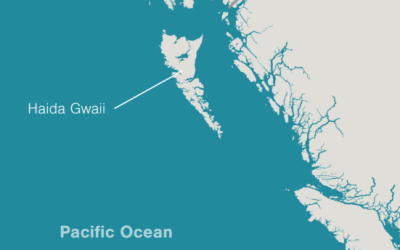The Frontier Centre for Public Policy, along with the Property Rights Alliance, today released the 2013 International Property Rights Index (IPRI). The 2013 Index, measures the protection of property rights in 131 countries. This represents 98 per cent of the world GDP and 93 per cent of the world’s population.
On a worldwide ranking of one to ten—the higher scores reflecting a greater protection of property—IPRI scores ranged from Finland with 8.6, to Yemen with a score of just 3.1.
The scores are based on ten measurements ranging in three broad subject areas:
- The legal and political environment (as it relates to judicial independence, rule of law, political stability and degree of corruption);
- Physical property rights (protection of physical property rights, ease of registration of property, and access to loans);
-
Intellectual property rights (protection of intellectual property rights, patent protection, and copyright policy)
Results for Canada:
Canada maintained its position as the highest ranking country in the Western hemisphere. Overall, Canada was 9th. (The United States was 17th.). Canada tied with Denmark and was just ahead of Australia, which scored 7.9
The IPRI score for Canada remained the same, at 8.0, for the fourth consecutive year. The 2012 to 2013 there was no variation observed in both the Legal and Political Environment and the Intellectual Property component. However, there was some variation between the items. Corruption Control and Rule of Law declined by 0.1, but Political Stability increased by 0.3 points. The component Physical Property Rights saw a 0.1 point increase in score.
Joseph Quesnel, the Frontier’s lead property rights researcher, stated there is much to be proud of in Canada’s overall ranking and especially its regional rank, but that there was much room for improvement.
“Canada’s common law protects property, but it lacks more robust constitutional protections,” said Quesnel, pointing to the 2013 release of the Frontier Centre’s Canadian Property Rights Index (CPRI). That index measured property rights protections in all of Canada’s 10 provinces and three territories, along eight distinct indicators.
“The Canadian Property Rights Index demonstrated that legislators have too much discretion over property rights in Canada to the detriment of economic freedoms and personal liberty,” added Quesnel. “The CPRI highlights how legislators all across Canada need to take property rights seriously.”
The IPRI demonstrates that property rights continue to play a significant role in economic performance. This year’s IPRI once again clearly shows a positive relationship between strong property rights and higher household income, GDP per capita, and foreign direct investment.
“The IPRI highlights the key role played by property rights not only in keeping an economic system fair and transparent but also in representing the backbone of any free market economy,” said Lorenzo Montanari, Executive Director of the Property Rights Alliance, the organization that creates the yearly index.
The 2013 International Property Rights Index can be downloaded HERE.


